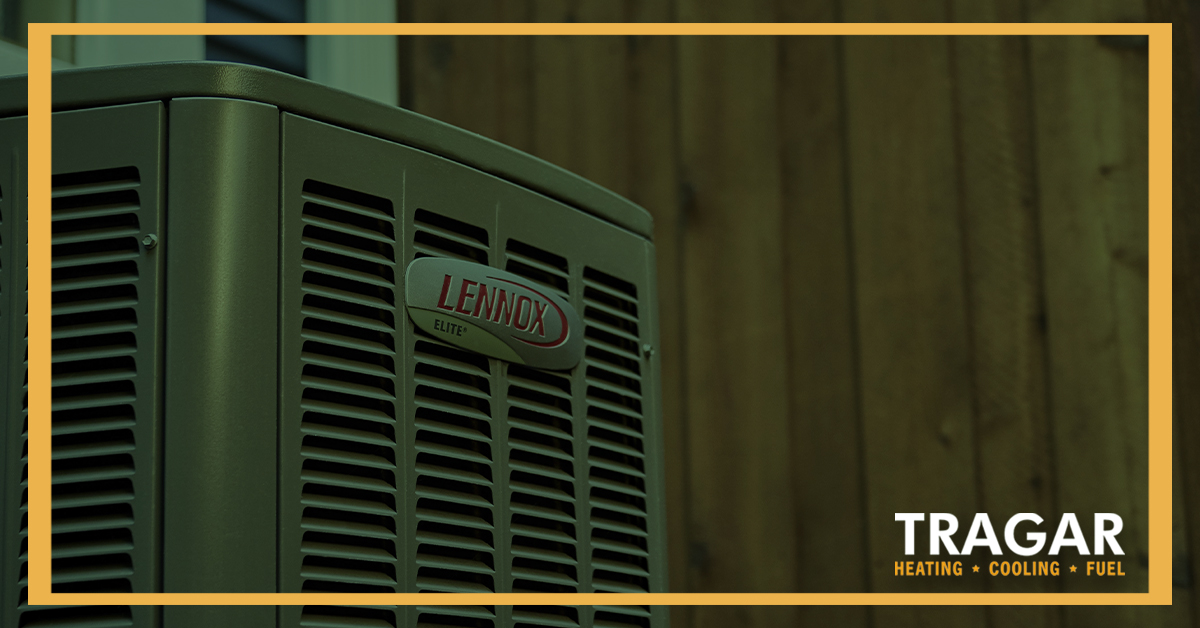
The rules of engagement in the battle against the summer heat are changing. As the nation moves toward greater energy efficiency, changes are beginning to make themselves felt – especially here in New York.
Starting in 2026, new construction of seven stories or less will not be allowed to utilize fossil fuel-based equipment. Commercial buildings greater than 100,000 square feet will be exempt until 2029 when the ban will apply to any and all new construction.
New York will be the first state to implement such a ban through legislation. This makes it an excellent time to examine one of the more established, fossil fuel-free technologies: heat pumps.
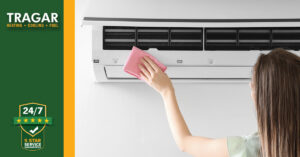 As July looms closer, the temperatures on Long Island are beginning to rise. Projections indicate it will be a scorcher with worse to come over the next few years. The period from this year through 2027 is supposed to bring
As July looms closer, the temperatures on Long Island are beginning to rise. Projections indicate it will be a scorcher with worse to come over the next few years. The period from this year through 2027 is supposed to bring  While you can’t do anything for the oppressive heat and humidity that exists outside during this time of year, you do have options when it comes to controlling the space inside your home.
While you can’t do anything for the oppressive heat and humidity that exists outside during this time of year, you do have options when it comes to controlling the space inside your home. It’s that magical time of the year here on Long Island where after we experience a couple of weeks or so of spring weather that we’re hurtled into full-blown summer heat. We’re figuring out how much longer we can keep the windows or the back door open before we have to take out the fans, turn on the air conditioning, or lower your central air unit.
It’s that magical time of the year here on Long Island where after we experience a couple of weeks or so of spring weather that we’re hurtled into full-blown summer heat. We’re figuring out how much longer we can keep the windows or the back door open before we have to take out the fans, turn on the air conditioning, or lower your central air unit. 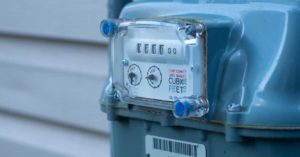
 Summer doesn’t just bring heat. It also brings a lot of misinformation about air conditioning and
Summer doesn’t just bring heat. It also brings a lot of misinformation about air conditioning and  Living on Long Island means that summer doesn’t just bring heat, but also humidity. The old statement, “it’s not the heat, it’s the humidity” is very true because it makes the actual temperature feel warmer. And yes, high humidity can affect central air conditioning.
Living on Long Island means that summer doesn’t just bring heat, but also humidity. The old statement, “it’s not the heat, it’s the humidity” is very true because it makes the actual temperature feel warmer. And yes, high humidity can affect central air conditioning. 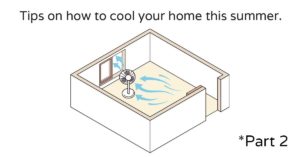 Summer sun brings summer heat, which means you want to stay cool. Whether you have central air, AC window units, or ductless air conditioning, keeping your house cool in general will lower your energy costs without sacrificing comfort.
Summer sun brings summer heat, which means you want to stay cool. Whether you have central air, AC window units, or ductless air conditioning, keeping your house cool in general will lower your energy costs without sacrificing comfort. 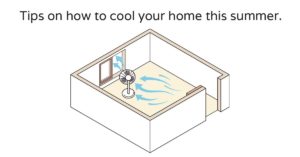 Even when you have a perfectly
Even when you have a perfectly 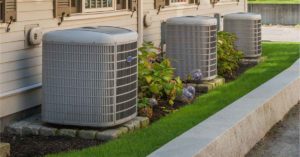 The placement of your HVAC condenser unit matters – a lot. HVAC clearance makes a difference in how efficiently it operates and its risk of being damaged.
The placement of your HVAC condenser unit matters – a lot. HVAC clearance makes a difference in how efficiently it operates and its risk of being damaged. 